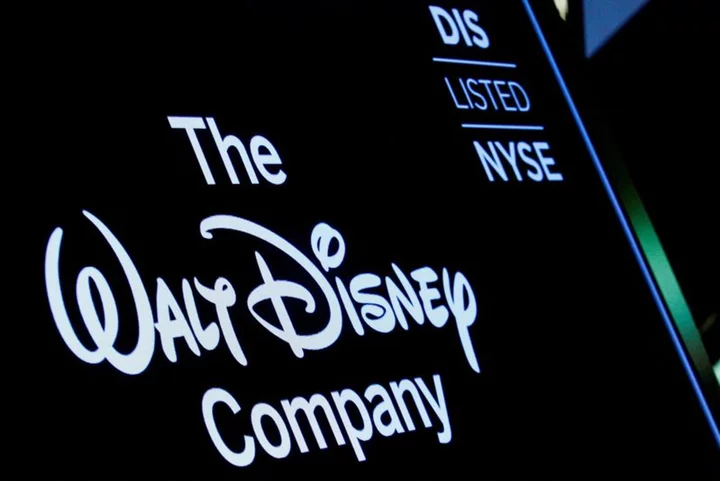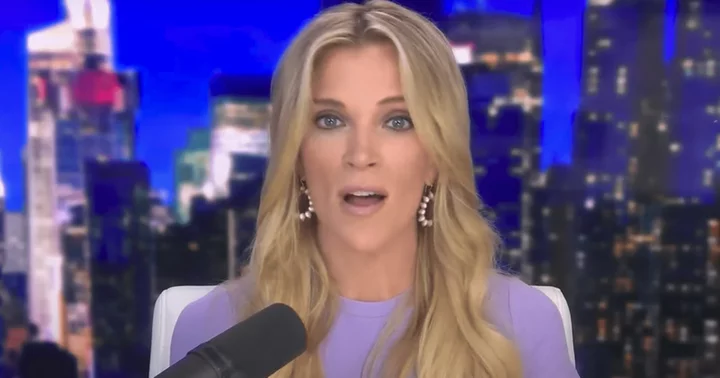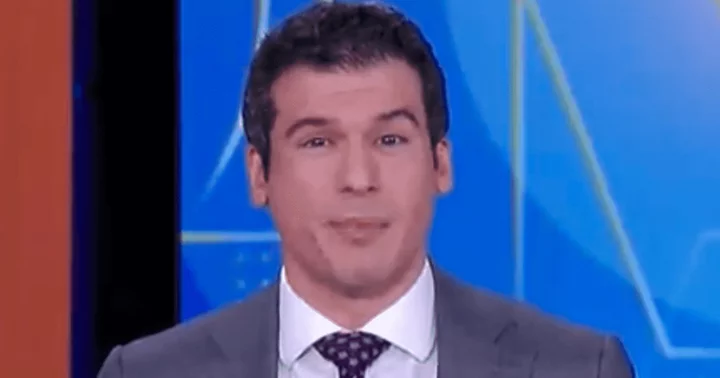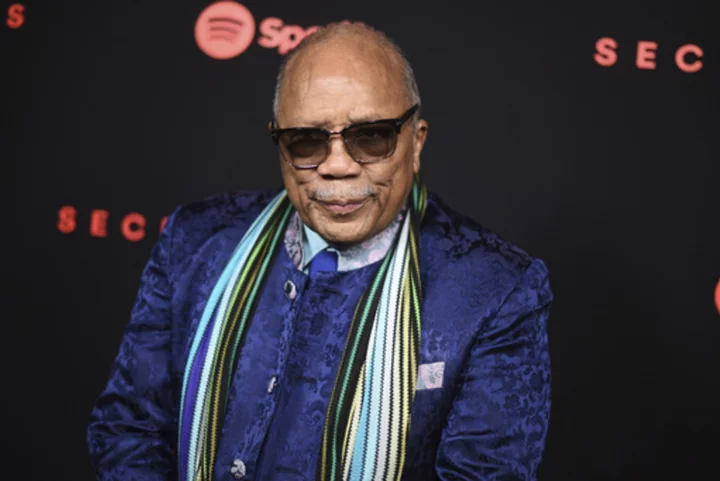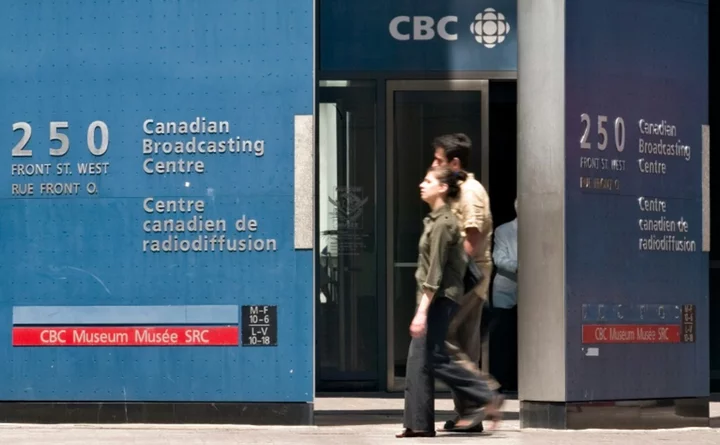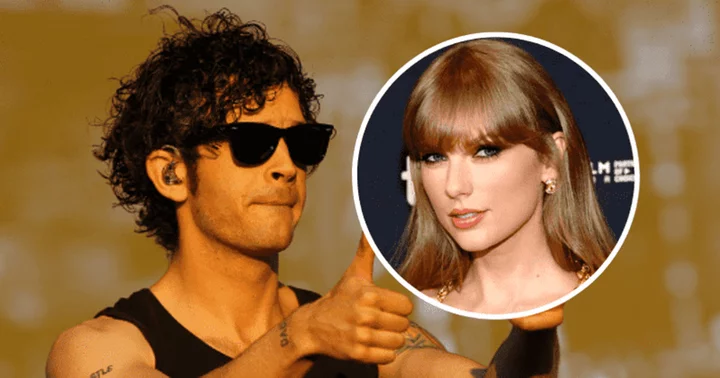By Dawn Chmielewski and Akash Sriram
(Reuters) -Charter Communications Chief Executive Chris Winfrey said he has a sense of urgency to resolve a distribution dispute with Walt Disney, in remarks on Thursday at a tech conference in San Francisco.
Charter is locked in a distribution battle with Disney as the second-largest U.S. cable company negotiates with the media conglomerate over how much its channels are worth and how to package them.
“I apologize that our consumers have been put in the middle here, but we felt it was worth it,” Winfrey said at the Goldman Sachs Communacopia + Technology conference. “It was the right time and that we had to say 'enough is enough' or else we're going to have to move on to a different model.”
ESPN, ABC and other Disney channels disappeared from Charter's Spectrum cable service on Aug. 31, depriving its nearly 15 million video subscribers of access to the U.S. Open tennis tournament, college football and other programming.
Such "carriage disputes" are commonplace in the media world, though this negotiation may shape the future of television in the streaming era.
Winfrey said Charter was responding to rising prices for content, limited flexibility in its programming packages, and fees that its cable subscribers pay that end up subsidizing the streaming services.
Disney issued a statement saying it “stands ready” to resolve the carriage dispute, and “do what’s in the best interests” of Charter’s customers.
“As the US Open reaches the men’s and women’s finals, and fans gear up for a weekend of college football and the opening of the NFL season, it’s unfortunate that Charter decided to abandon their consumers by denying them access to our great programming,” Disney said in a statement.
Winfrey said Charter wanted to resolve the dispute quickly “because our customers are stuck in the middle.” But he also described an “alternative world” where Spectrum cable no longer carries Disney content, resulting in a smaller package of general entertainment programming that customers “wanted, watch and value,” at a lower price. Under such scenario, sports could be sold separately.
(Reporting by Dawn Chmielewski in Los Angeles and Akash Sriram in Bengaluru; Editing by Sriraj Kalluvila and Tomasz Janowski)

